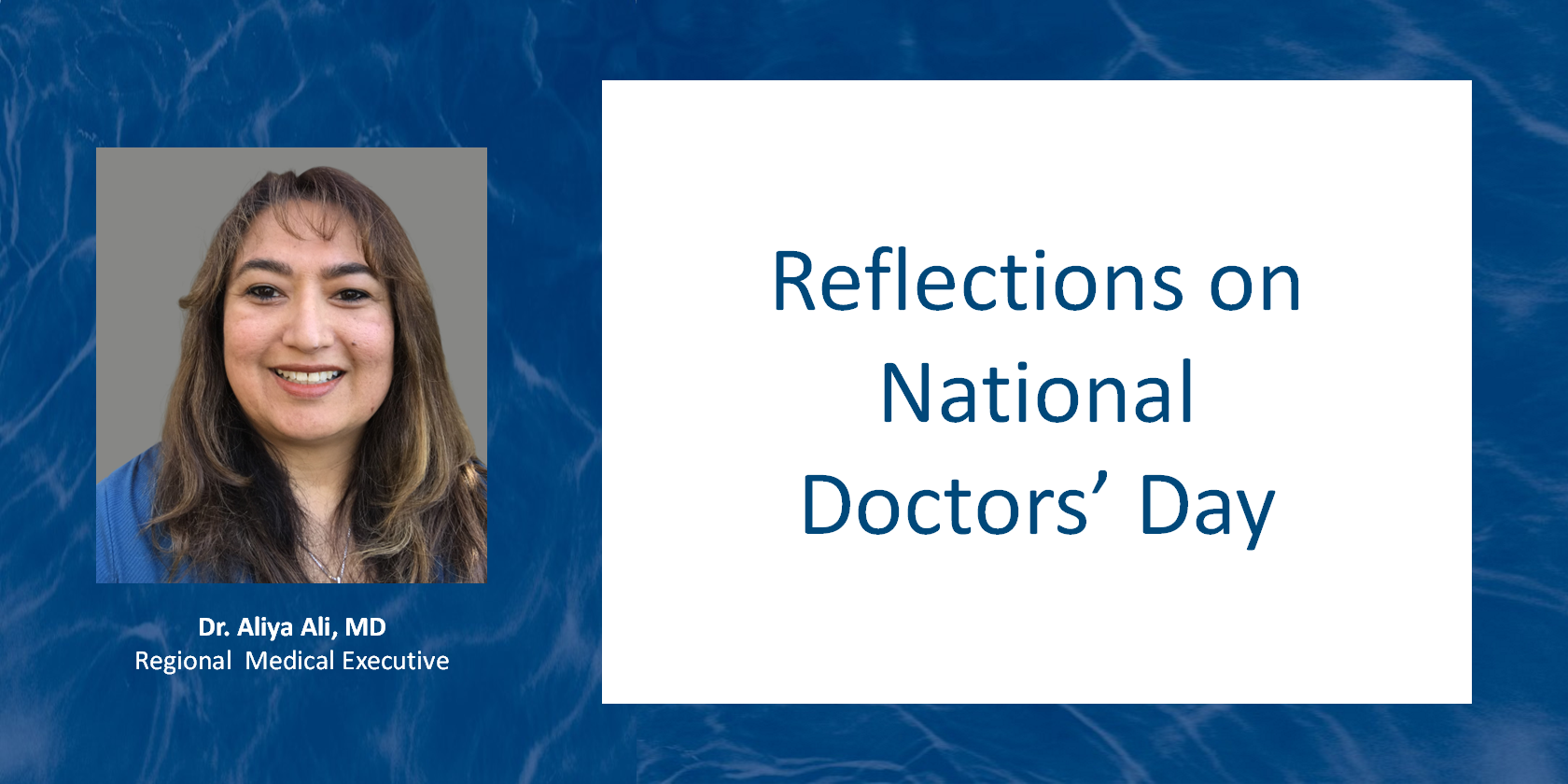
Every day, physicians step into our role and become the steady guiding force for those around us. We listen, diagnose, treat, reassure, and sympathize. We carry the weight of others’ suffering, often without showing our own. But all this can change when the healer becomes the patient.
Last year, at 56, after decades of dedicating myself to caring for others, I was diagnosed with breast cancer. The very body that had carried me through long nights of residency, motherhood, endless hours of patient care, and countless opportunities for career growth had turned against me. I underwent a bilateral mastectomy last year and now take daily oral medication to keep the cancer at bay.
Many doctors are perfectionists. It’s an unspoken expectation in our profession – be precise, be prepared, be perfect. We pride ourselves on making the right call, being available always, and pushing through exhaustion because we believe it’s what we must do. But facing my own diagnosis forced me to pause. I had to confront the uncomfortable truth that I am not invincible. I had to re-evaluate my relationship with work, acknowledging that my worth isn’t solely defined by what I do for most of the day. This was a hard realization, but also a liberating one. It gave me permission to prioritize myself – not as a doctor, but as a person who deserves care and rest.
Like many in our profession, I once saw self-care as something reserved for “later”. But later is not guaranteed, and I have come to understand that setting work-life boundaries is not a luxury – it is a necessity. Now, I practice small but significant acts of self-care. I allow myself to step away when needed, to say no without guilt, and to rest without feeling like I am falling behind. I find solace in movement – a short walk, a few moments of stretching, or deep breathing exercises. I practice daily guided meditations and try to spend time in nature. I have also learned to lean on my support system in a way I never had before, understanding that healing is not just physical but emotional as well. I have a fabulous husband and kids who support and love me unconditionally and an amazing group of friends that constantly “show up” for me.
One of the most challenging lessons was learning patience. As doctors, we are trained to act, fix, and move forward with a plan. But healing, I’ve learned, does not always follow a straight path. There are setbacks, there are doubts, and there are days when progress feels invisible. It requires a different kind of trust – one that allows surrender, for faith in the process, and for acceptance of what we cannot control.
This experience has reshaped the way I approach my work. My archetype has always been a caregiver and advocate. However, I can now layer on my personal experience to those personality traits. I better understand uncertainties, unspoken concerns, and what it means to be scared. I also see my colleagues with new eyes. We are so good at caring for others, yet we often neglect our own well-being. If there is one piece of advice I would give physicians, it is this: take the time for self-care. Do not wait until burnout or illness forces you to pause. Prioritize your health – physical, emotional, and mental. Allow yourself the same grace and compassion you extend to others around you. We wear the mask of resilience daily, but beneath it, we are all human first. And even healers need healing.